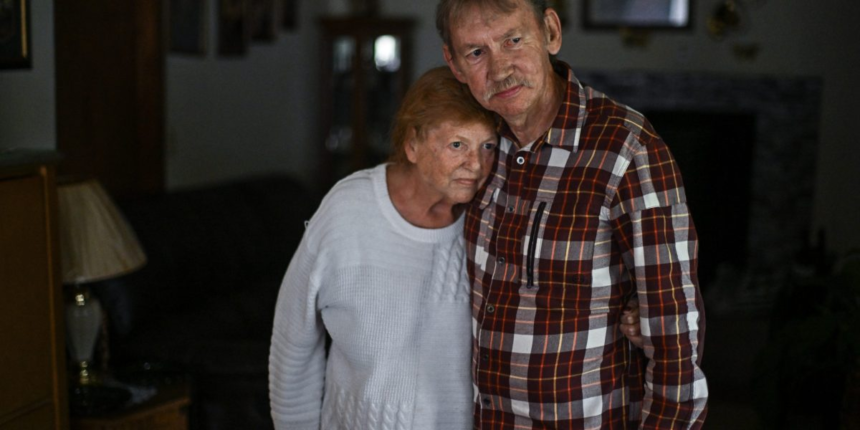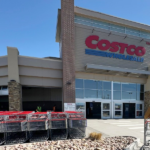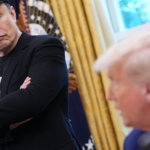“The mine workers obviously take extreme interest in the passing of the silica rule, because it is our members and our workers that are being affected by silica dust exposure on a daily basis,” Erin Bates, director of communications for the United Mine Workers of America (UMWA), which represents coal miners, told Fortune. “Every single day that this rule is not in place means another death for a coal miner.”
UMWA president Cecil Roberts will speak at the Tuesday protest.
For Gary Hairston—a 71-year-old retired coal miner and president of the National Black Lung Association, which is organizing the protest—living with black lung for more than 20 years has meant being sidelined from recreational basketball games and from playing with his grandchildren.
“You can’t do nothing you want to do,” Hairston told Fortune.
White House deputy press secretary Anna Kelly said the administration is working on policies to support blue-collar workers like coal miners.
“President Trump cares deeply about unleashing America’s energy potential, as well as standing up for those who fuel our country, such as hardworking coal miners,” Kelly told Fortune in a statement. “Blue-collar Americans played a key role in sending President Trump back to the White House, because they know he has their back.”
“We have not been able to be involved in the lawsuit whatsoever,” she said.
“It’s typical corporation versus worker,” she said.
But Hairston warns the lack of protections against silica dust will exacerbate problems in the industry by threatening a labor shortage, because younger workers in an aging workforce are now getting black lung. He argues that the repeated postponed enforcement of the silica dust rule sends the message that the administration and mining companies think workers are expendable.
“It seems like they don’t care about us,” he said.









